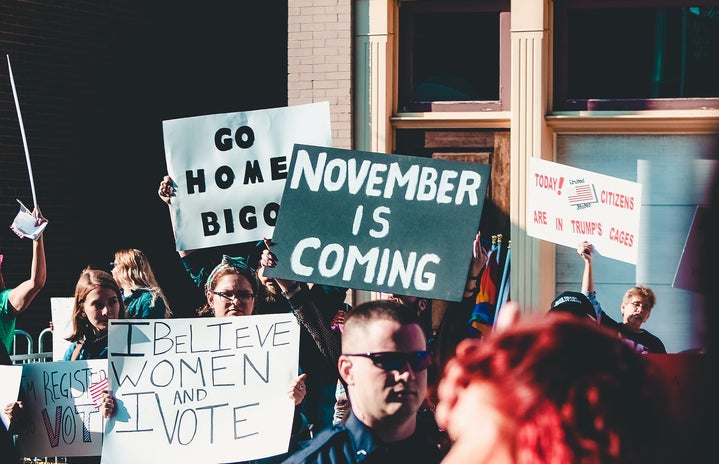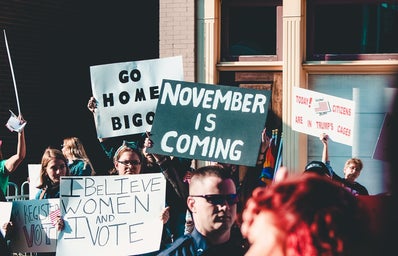With November’s presidential election just under two months away, it’s important for us to help in the election effort. This year, Gen Z and millennials will make up a larger portion of the electorate than in previous years, increasing the need for us to make informed decisions. While large gatherings such as town hall meetings and rallies won’t be possible because of COVID-19, there are so many other ways to virtually support your candidate of choice.
You can start by signing up to volunteer for your candidate on their website. Once you sign up, you can choose what type of volunteer work you want to do. Making phone calls or sending texts to voters in swing states are some of the easiest ways to influence voters, and you can do these from home. You can also help your local campaign staff organize a grassroots event in your area. Since the pandemic, most grassroots events have moved to virtual platforms, and helping organize these events also doubles as a great way to build connections in the political community.
A huge thing that has helped me stay more active and informed is reading more of the local news. With all that is happening across the country right now, from the California wildfires to progress on COVID-19 vaccines, it’s easy to overlook what’s happening right at home. While national news sources will cover the most attention-grabbing stories for just a few minutes at a time, local news sources often provide unbiased, in-depth coverage on important issues. Plus, you, as an individual, have the most potential to impact your community at a local level.

Remember, there’s always strength in numbers, so joining a lobbying group that shares your views may be your best bet, especially if you are targeting state or national officials. You can also encourage those around you to support your cause by contacting their own elected officials or posting about your group’s efforts on social media.
Besides supporting your candidates, it’s equally as important to take the time to help those around us inform themselves. With the increasingly polarized political climate we live in, a lot of people have given up on keeping up with politics altogether. They may not have taken the effort to research each candidate or locate their polling place, but with everything going on in our country, we can’t afford that mindset.
So, this fall, don’t hesitate to help out an elderly neighbor who can’t get to the polls or reach out to a friend who doesn’t think their vote will matter, because now, more than ever, every voice needs to count.



